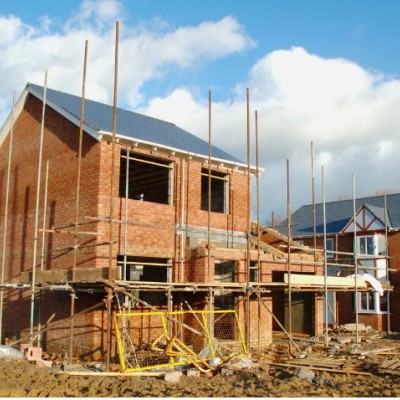11 things you might not know about selling a property

If you’re planning to sell your property, here are some key things to know about the process, from getting the asking price right and choosing the best agent, through to negotiating an offer and getting the sale underway.

- You can get an idea of the value of your own home by looking at what similar properties nearby have sold for. Rightmove and the Land Registry have online sold house price search facilities.
- Online ‘property valuation’ tools can also give you an idea, but they are only working on average data and may not be very accurate. The only way to get a true bespoke market appraisal is to have an experienced local agent visit your home in person.
- Different agents have expertise in different areas of the market. That means the best agent to sell your property is likely to be one that has a track record of successfully selling similar homes in the area. Search online portals for ‘sold subject to contract’ and see which agent has the most properties like yours under offer.
- You can get an idea of an agent’s performance and what they’ll be like to deal with by reading reviews on sites like Trustpilot and Google. And if you know people locally that have moved recently, it’s worth asking them about their experience with the agent.

- From the end of November 2023, agents are obliged to publish specific ‘material information’ on their property listings, which includes:
- Tenure and council band or rate
- The type of property and construction
- Information on utilities and parking
- Details of any issues that affect the property, such as restrictive covenants and flooding
So it’s advisable to have this information to hand before inviting agents to value your property.
- Any agent should be able to show you evidence to support their valuation of your property – this will usually be in the form of comparable properties that have sold recently. If yours is a unique home without any direct comparables, they may use a price per square metre calculation – but do make sure you’re satisfied with their explanation as to how they arrived at their market price.
- If you have different valuations from several agents, don’t necessarily go with the one that quotes the highest. Be aware that some agents will overvalue a property simply in an effort to get the listing, then negotiate a price reduction with you in a few weeks’ time.
Going down this route is a big mistake, as the best enquiries often come in the first couple of weeks of a property being on the market, so if yours is perceived as overpriced, you could miss out on good buyers. Even if there’s a later reduction, people could still assume the property isn’t worth the asking price, which can lead to low offers.
- Find out how many properties similar to yours are on the market at the moment and how long they’ve been for sale – is there an excess of stock over demand? A good local agent will be able to discuss the market in detail and give you an idea of what kind of response they expect from buyers.

- A good agent should be ‘qualifying’ prospective buyers before arranging viewings. They should let you know what position each person is in – first time buyer, under offer, just started looking, etc. – and be able to confirm they’re happy the property is affordable for them. If at any point you’re not happy with the service you’re getting, you should address it with the agent directly, through their complaints system if necessary. If you’re not satisfied with their response, you can take the matter to either the agent’s membership body (if they have one, e.g. Propertymark) or their ombudsman, which is there is to ensure you have free access to independent redress.
- It’s advisable to instruct a conveyancer/solicitor as soon as you begin to market your property, so they can complete the necessary I.D. and money laundering checks, open your file and begin to prepare the sales contract papers. That also gives you time to complete the property information forms and gather any other information your conveyancer/solicitor might require, so when you find a buyer, you’re ready to go. This can help speed up your sale and typically, the faster the sale, the less likely it is to fall through.
- When it comes to transferring money, be vigilant about fraud. Always confirm account details by calling the recipient directly on the phone – don’t rely on emails. And, check how much and how long it will take to transfer funds. Banks often have caps on the amount of money you can transfer and this can be different depending on whether you are using an app, online banking or telephone. If your deposit monies are in a savings account, you may need to give 30, 60 or more days’ notice.
If you would like to arrange a valuation for your property and discuss current market conditions, just call into your local branch and have a chat with one of the team.
Looking for advice?
If you're looking to let or sell your property, we can help. Get in touch with your local branch or book in for a property valuation.

Contact Us
Got a question, general enquiry or something else?
You may also like
Since we started in 2001 we have grown to three branches across Cardiff, we can save you time and money by offering a range of services and expertise under one roof.



